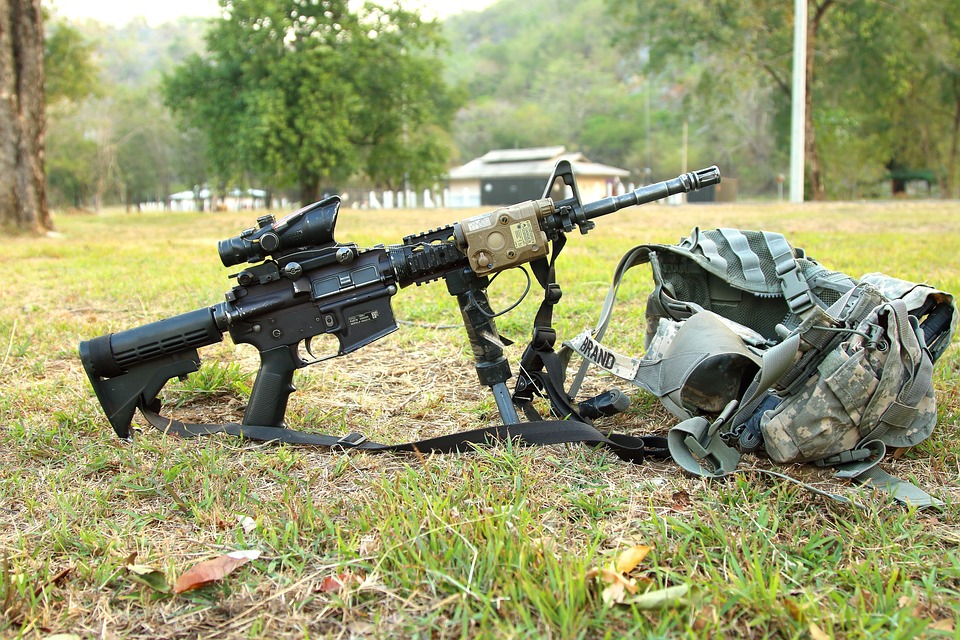Introduction
In the wake of escalating tensions and violence in Lebanon, a senior Israeli official has reported that recent high-level meetings have led to “significant progress” toward achieving a cease-fire. This development comes after a series of intensive negotiations involving key stakeholders from the region, raising hopes for a resolution to the ongoing conflict.
Context of the Conflict
Background
Lebanon has faced a tumultuous period characterized by political instability, economic hardship, and heightened military activity. The resurgence of hostilities has exacerbated an already fragile situation, prompting urgent calls for intervention and dialogue from both regional and international actors. The recent escalation is tied to a variety of factors, including cross-border tensions and internal political strife.
The Role of Key Players
The negotiations involve multiple parties, including Israeli officials, Lebanese authorities, and influential regional powers. The United Nations has also been actively engaged in facilitating discussions, emphasizing the importance of dialogue to achieve lasting peace.
Recent Developments in Negotiations
High-Level Meetings
The series of meetings took place over several days and involved representatives from various factions. The atmosphere has reportedly been constructive, with a mutual recognition of the need to de-escalate tensions. The Israeli official noted that these talks have been marked by a willingness to compromise and seek common ground.
Progress Made
While specific details of the negotiations remain confidential, the Israeli official highlighted several areas of progress:
- Understanding of Mutual Concerns: Both sides have begun to acknowledge the impact of continued violence on civilians, fostering a sense of urgency to reach a cease-fire.
- Framework for Dialogue: Initial agreements on the structure of future discussions have been established, focusing on humanitarian issues and security arrangements.
- International Support: The backing of international powers has added pressure for a resolution, with countries advocating for stability in Lebanon and the broader region.
Implications of a Cease-Fire
Humanitarian Relief
A cease-fire would provide immediate relief to civilians affected by the conflict, allowing humanitarian aid to reach those in need. Access to essential services, such as medical care and food supplies, has been severely hindered by the violence.
Long-Term Stability
Achieving a cease-fire is seen as a crucial first step toward broader negotiations aimed at establishing long-term peace. Stakeholders recognize that addressing underlying issues—such as political corruption, economic challenges, and regional dynamics—is essential for sustainable stability.
Regional Impact
The implications of a cease-fire extend beyond Lebanon’s borders. A peaceful resolution could have a ripple effect throughout the region, potentially easing tensions in neighboring countries and fostering a climate conducive to further diplomatic efforts.
Conclusion
The reported progress toward a cease-fire in Lebanon is a promising development in a challenging landscape marked by violence and instability. While the road ahead remains uncertain, the commitment shown by key parties to engage in dialogue provides a glimmer of hope for a peaceful resolution. As negotiations continue, the international community will be watching closely, emphasizing the critical importance of collaboration and compromise in achieving lasting peace.
Further updates will follow as the situation evolves and more details emerge from the ongoing negotiations.



